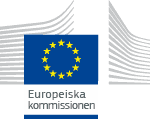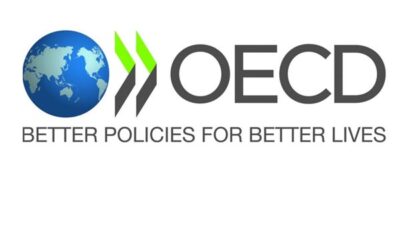SADE is parties to two new EU projects. The two projects are TIBL and VTT_Box. Both are within Cooperation for innovation and the exchange of good practice, where the purpose is innovation in the areas concerned. TIBL is within Strategic Partnerships for vocational education and training (VET), while VTT-Box is within Strategic Partnerships for school education. Both projects are biennial and started in October 2017, and finished in 2019.


VTT-BOX VIRTUAL TEACHERS TOOLBOX (ERASMUS+ 2017 -1-ES01-KA038199)
Coordinator is the Colegio Internacional Costa Adeje, Spain.
Partners are:
- Colegio Internacional Costa Adeje (Spain) ( coordinator) [more …]
- Europäische Bildungsinitiative (Austria) [more …]
- I.T.S Vittorio Veneto Salvemini (Italy) [more …]
- University of Crete (Greece) [more …]
- Swedish Association for Distance Eduaction (Sweden) [more …]
Budget 114 588 Euro
Time period 2+17-2019.
Link to project site
”1. Promoting the acquisition of skills and competences
The project addresses students in higher secondary education focusing on the MINT subject and develops an innovative, studentcentered pproach to strengthen the learning success and the learning outcomes, especially in science (subjects). The developed Open Online Distance Learning with a special focus on student’s needs provide effective and innovative teaching (by implementing an innovative “reversed pedagogical approach”) and assessment (by implementing a new self-evaluation method to validate and assess the learning outcomes, the so-called Mandala self-evaluation).
2. Open and innovative practices in a digital era
Open and innovative practices are a core objective in the project and focus on Open Online Distance Learning and the intensive use of ICT to strengthen the digital competences of both students and teachers. The intensive use of digital competences in this project combined with the proposed pedagogical approach in combination with Open Educational Resources provide a modern approach to teaching in the digital area. This is supported by the intensive use of multimedia based material in teaching. The VVT-Box project will create innovative methods and pedagogical approaches and develop learning materials and tools that make intensively use of Information and Communication Technologies (ICTs) in education (Addressing ITC as one of the key competences defined by the European Commission). The project creates Open Educational Resources, which ensure an innovative access to education. The focus on Open Online Distance Learning as well as innovative evaluation methods combined with an appropriate quality enhancement framework provides learning at highest level. Furthermore, the project is spreading the utilisation of open and innovative education and training. That covers work methods in the same way as the project provides resources for educators and learners at various levels. The complementary consortium built from schools, a University and a teacher trainings institution includes supporting synergies between education, research and innovation activities, the digitisation of quality learning content and promoting the use of ICT as a driver for systemic change to increase the quality and relevance of education and training. The project results strengthen the acquisition of digital competences in both target groups (teachers as well as students).
3. Supporting schools to tackle early school leaving (ESL) and disadvantage
The schools follow an innovative concept to keep students motivated to finish school and to terminate their basic education. A special focus is put on the so-called MINT subjects, mainly on traditional science subjects (Physics, Biology, …). From the experience of the participating schools, especially in these subjects difficulties arise in the learning success. Students often get demotivated by missing success – especially in science (and language) subjects and finally drop school. The use of Open Online Distance learning based on using a technology enhanced learning including multimedia content can motivate the students. The special developed “reversed pedagogical approach” addressing specifically the needs, desires and behaviour of students is an innovative approach to decrease the early school leaving rate. The VTT-Box project offers the proven diversity of learners new chanced, help the disadvantaged students by promoting an individual learning pace as well as a modern multimedia based learning. This strategy is a must in the participating schools due to their student’s profile (students with migration background or different mother tongue) and are in line with priority. Here the consortium will focus on students to support then (by Open Online Distance Learning) from the lowest to the highest end of the academic spectrum, including children with a migrant background who might face specific (e.g. linguistic) challenges.”





